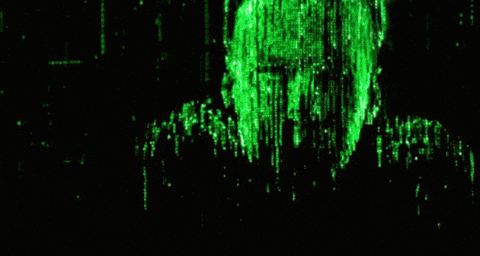In the world of science fiction, few films have had as profound an impact on society as The Matrix. Released in 1999, this groundbreaking film by the Wachowskis explores themes such as reality, identity, and freedom through a unique blend of action, philosophy, and technology. One aspect that has not been fully explored is its social implications.
The Matrix presents us with a dystopian future where humanity is unknowingly trapped in a simulated world created by sentient machines to keep them passive while their bodies are used as an energy source. This raises questions about the nature of our reality and how much control we have over it. It also highlights the potential consequences of relying too heavily on technology, leading us to question whether we should embrace or fear advancements in AI and virtual reality.
Moreover, The Matrix challenges traditional notions of power dynamics by depicting a world where humans are oppressed but still possess agency through resistance movements like Morpheus' crew. This encourages viewers to reflect on their own capacity for change and the importance of standing up against systems that limit our freedom.
In conclusion, The Matrix offers valuable insights into contemporary society's relationship with technology and power structures. Its thought-provoking narrative continues to resonate with audiences today, reminding us to question what we perceive as reality and strive for a world where everyone has the opportunity to live freely.
